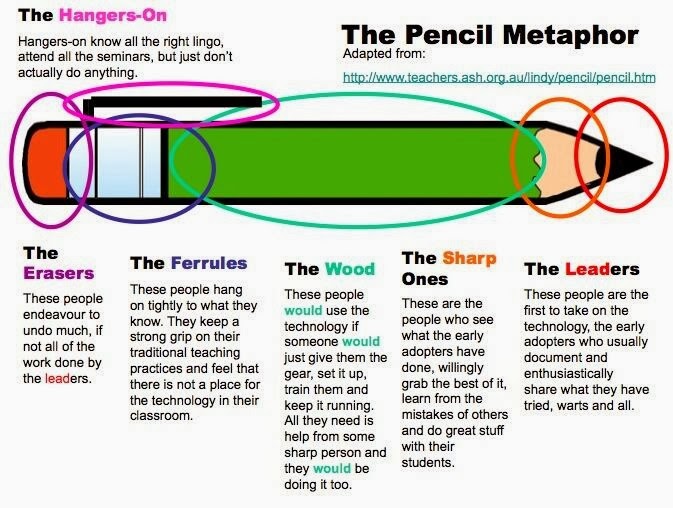 |
| Image from A Lifetime of Wisdom |
We play such a huge role in our students' lives, especially those living in poverty. I recently read this blog post from Amber Teamann (a Twitter connection) after she attended a session on poverty at the national ASCD conference and just had to share it with you all (with Amber's permission), because you play such a role in helping your students develop hope and positivity:
-------------------------------------------------------------------------------------------
One of the amazing sessions I was able to see at ASCD over Spring Break was Eric Jensen's, "The Effect on Poverty in our Students". Since then, I've read his book and was BLOWN away by his research and mentality. Do you know how much of a role hope and optimism play in your student's lives? When kids are optimistic about their future, they work harder and are easier to motivate in school.
Have you found that it's easier to do that with kids that are already hopeful and positive than the ones you may be working with?
Hopeful kids are more optimistic, they try harder, persist longer and ultimately, get better grades. Who wouldn't want that for their Wildcats?
For educators who want to help their students build these skills of hope, here are five research-based guidelines. Some can be done now, some you can incorporate in the weeks ahead...
From How to Help Students Develop Hope:
From How to Help Students Develop Hope:
- Identify and prioritize their top goals, from macro to micro. Start by having students create a “big picture” list of what’s important to them—such as their academics, friends, family, sports, or career—and then have them reflect on which areas are most important to them and how satisfied they are with each.
- Breakdown the goals—especially long-term ones—into steps. Research has suggested that students with low hope frequently think goals have to be accomplished all-at-once, possibly because they haven’t had the parental guidance on how to achieve goals in steps. Teaching them how to see their goals as a series of steps will also give students reasons to celebrate their successes along the way—a great way to keep motivation high!
- Teach students that there’s more than one way to reach a goal. Studies show that one of the greatest challenges for students with low hope is their inability to move past obstacles. They often lack key problem-solving skills, causing them to abandon the quest for their goals.
- Tell stories of success. Scientists have found that hopeful students draw on memories of other successes when they face an obstacle; however, students with low hope often don’t have these kinds of memories. That’s why it’s vital for teachers to read books or share stories of other people—especially kids—who have overcome adversity to reach their goals.
- Keep it light and positive. It’s important to teach students to enjoy the process of attaining their goals, even to laugh at themselves when they face obstacles and make mistakes. Above all, no self-pity! Research has found that students who use positive self-talk, rather than beating themselves up for mistakes, are more likely to reach their goals.



















